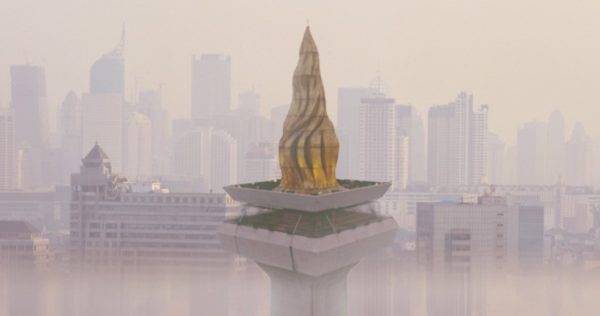
In recent months, Jakarta, has been choking in air pollution. Since May, Indonesia’s capital has regularly been ranked in the global top 10 of polluted cities – on Monday morning (9/25), it was ranked second worst in the world after registering an Air Quality Index (AQI) score of 153.
But Jakarta isn’t the only Indonesian city grappling with air pollution. Palembang, Indralaya, Depok, Tangerang, and Medan have all gone into the red on the AQI recently, with readings above 160. For city dwellers, this has potentially life-threatening consequences – air pollution causes diseases like bronchitis, chronic obstructive pulmonary disease, asthma, pneumonia, and cancer.
Faced by a health crisis and an environmental disaster, Indonesia is working to find solutions. During a recent visit to Trees4Trees’ Ciminyak nursery, government minister Luhut Binsar Pandjaitan made his commitment clear. “We need collective efforts to fight air pollution,” said the minister. “Planting trees is one of the effective solutions to sequester carbon emissions, combat air pollution, and mitigate global warming,” he added.
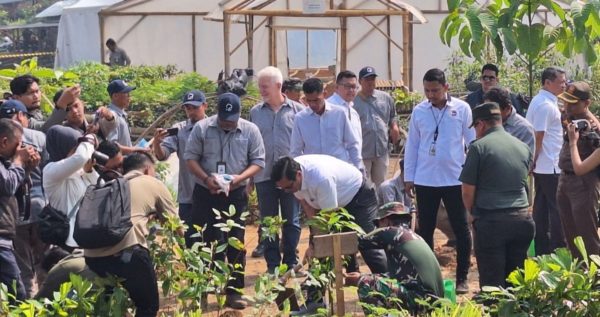

Read also: Regreening Concrete Jungle Through Urban Forest
Causes of air pollution
There are three major causes of air pollution in Jakarta, all of which can be connected to human activities: transportation, industrial areas and plantations, and power plants burning fossil fuels.
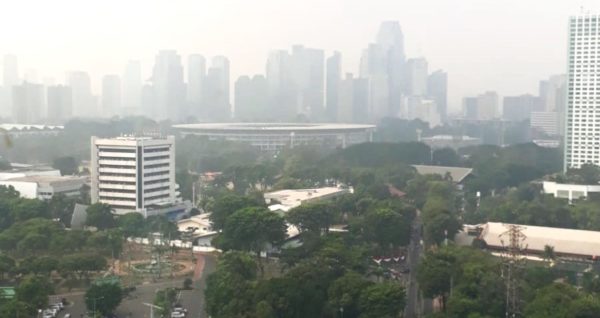
Impacts on human health
According to the monitoring app IQAir, Jakarta currently has a Particulate Matter (PM) 2.5 pollutant concentration 13.5 times higher than the WHO’s guideline value.
PM 2.5 refers to particles found in the air, including dust, soot, dirt, smoke, and liquid droplets that measure 2.5 microns or less in diameter. This high concentration of air pollution impacts health in a number of ways.
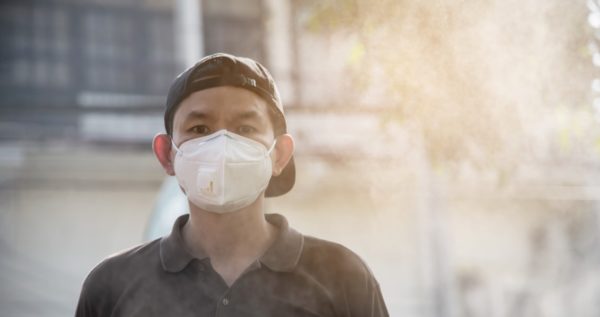
Staying safe in the smog: Our top five tips
If you live in a big city, or even if you’re just visiting, it’s important to protect yourself from air pollution. Here’s our top five tips for reducing the harmful impacts of air pollution on human health:
- Wear a mask. An N95 mask can reduce – but not completely eradicate – the pollutants inhaled into the body when traveling in heavily congested areas with poor air quality.
- Use an air purifier. Installing an air purifier in your home can help filter out harmful particles from the air.
- Regularly check air pollution forecasts. This can help you plan your outdoor activities more wisely.
- Avoid outdoor exercise during pollution spikes. Poor air quality can make exercise unsafe. When smog levels rise, it’s best to keep the workout indoors.
- Close windows and doors. When the AQI goes above 150, keep your doors and windows closed.
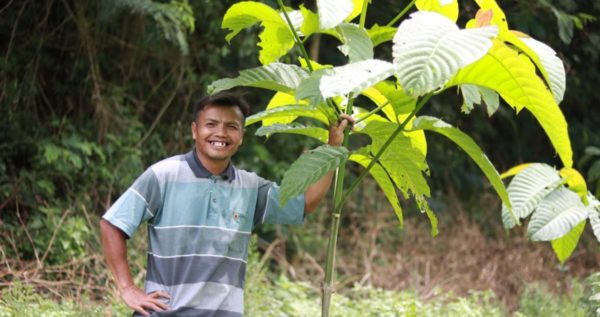
Air pollution solutions: Getting to the root of the problem
All the above measures can do is help us live with the symptoms. To figure out how to reduce air pollution, we must think bigger. Human activities are the cause of air pollution, but they can also be the remedy. Here are five ways to clean our atmosphere, for the good of the planet:
- Leave the car at home: Use public transport, or – even better – try cycling or walking to work;
- Reduce idling: If you do commute by car, turn off your engine in those city traffic jams;
- Vehicle maintenance: Regularly maintain your vehicle, keep tires properly inflated, and ensure your car complies with emissions standards;
- Responsible waste disposal: Compost leaves and yard waste; avoid burning garbage; and
- Clean energy: Think about using gas instead of a wood stove.
There is another way to combat air pollution; a strategy that can mitigate dangers to human health, while also contributing to a cleaner, greener environment. And that solution is simple: Planting trees.
Read also: Trees That Absorb The Most Carbon Dioxide
Trees suck harmful greenhouse gases from the atmosphere and sequester carbon in their roots and branches. They also produce life-giving oxygen, which helps clean our atmosphere and make the air safe to breathe. Recent studies have even discovered that cities with urban forests are noticeably cooler than those without1.
Trees4Trees is taking action to cool and clean our cities, for the benefit of people and planet. And you can join us in these efforts – donating trees is good for the environment, good for human health, and good news for local farmers! It’s a win-win situation.
Writer: V. Arnila Wulandani. Editor: Christopher Alexander
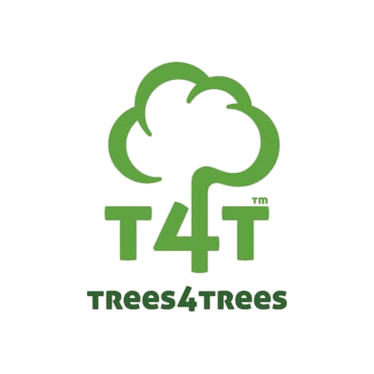
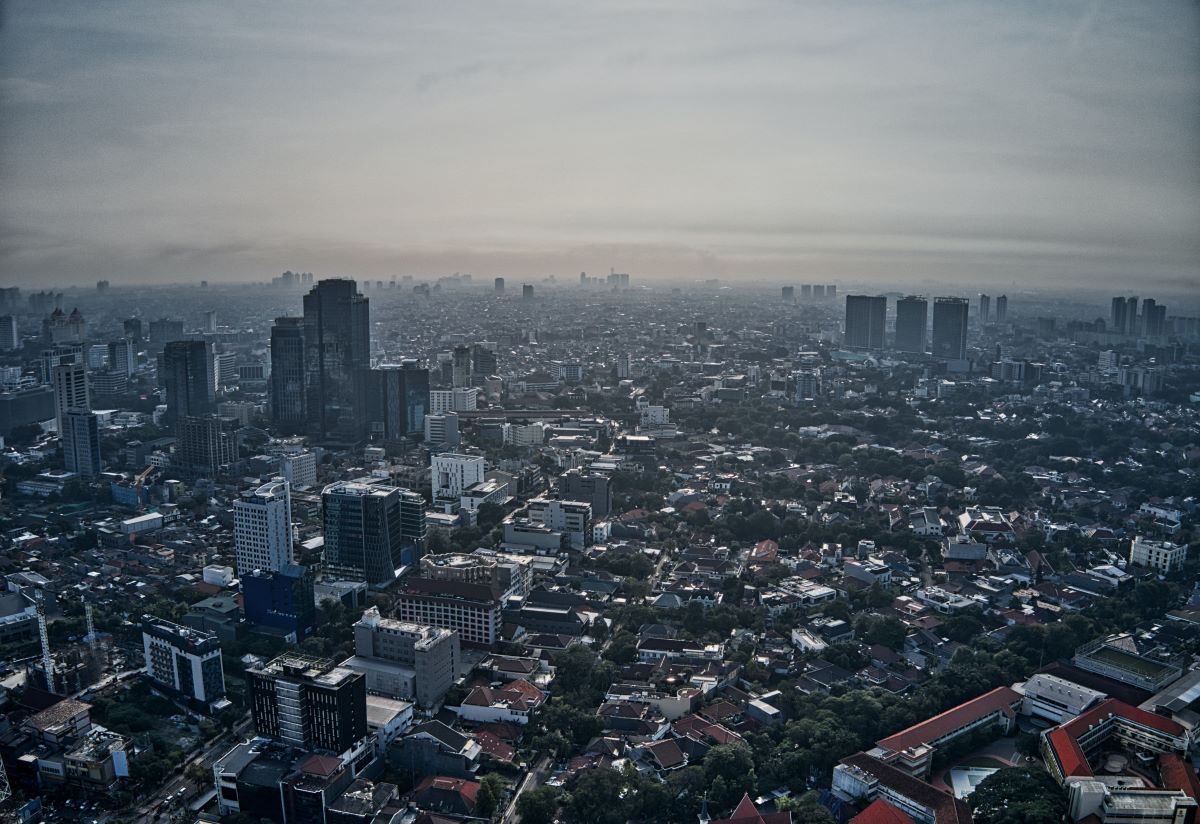
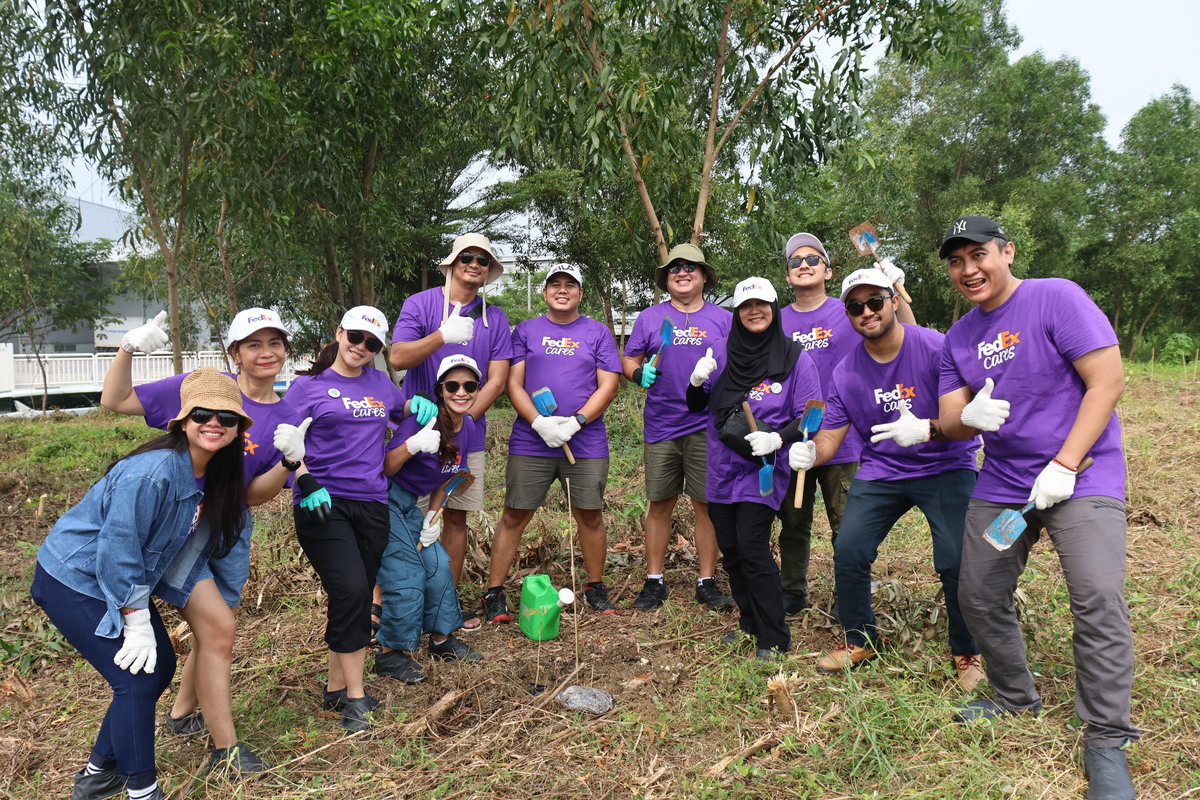
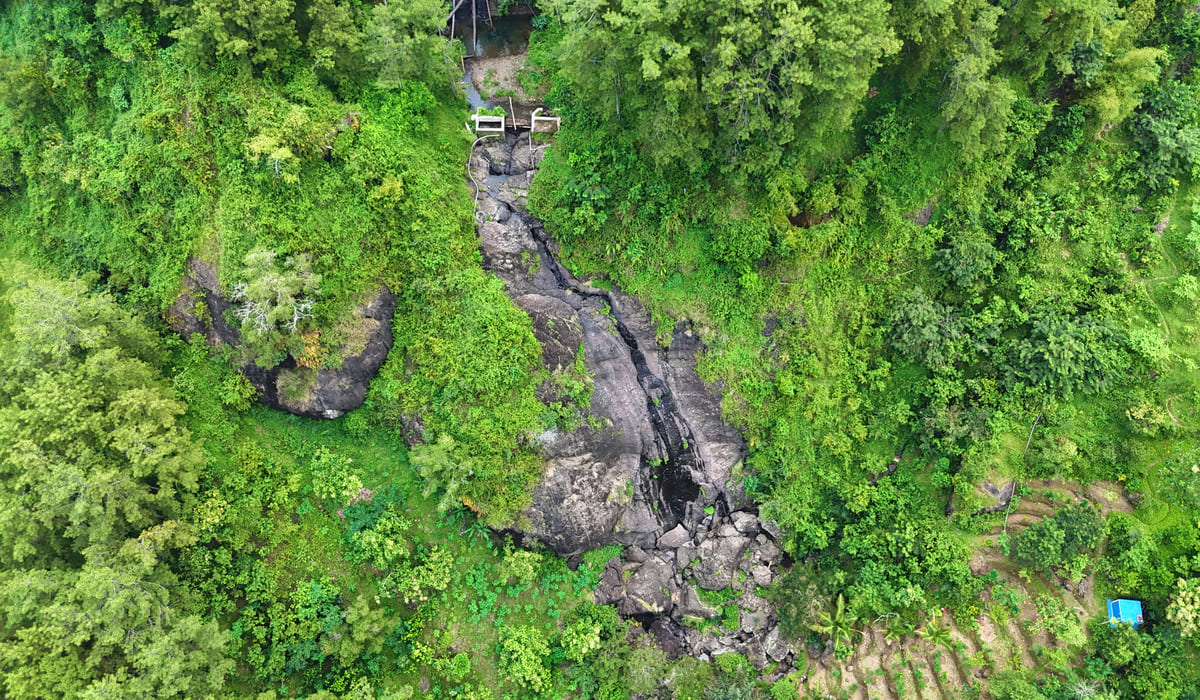
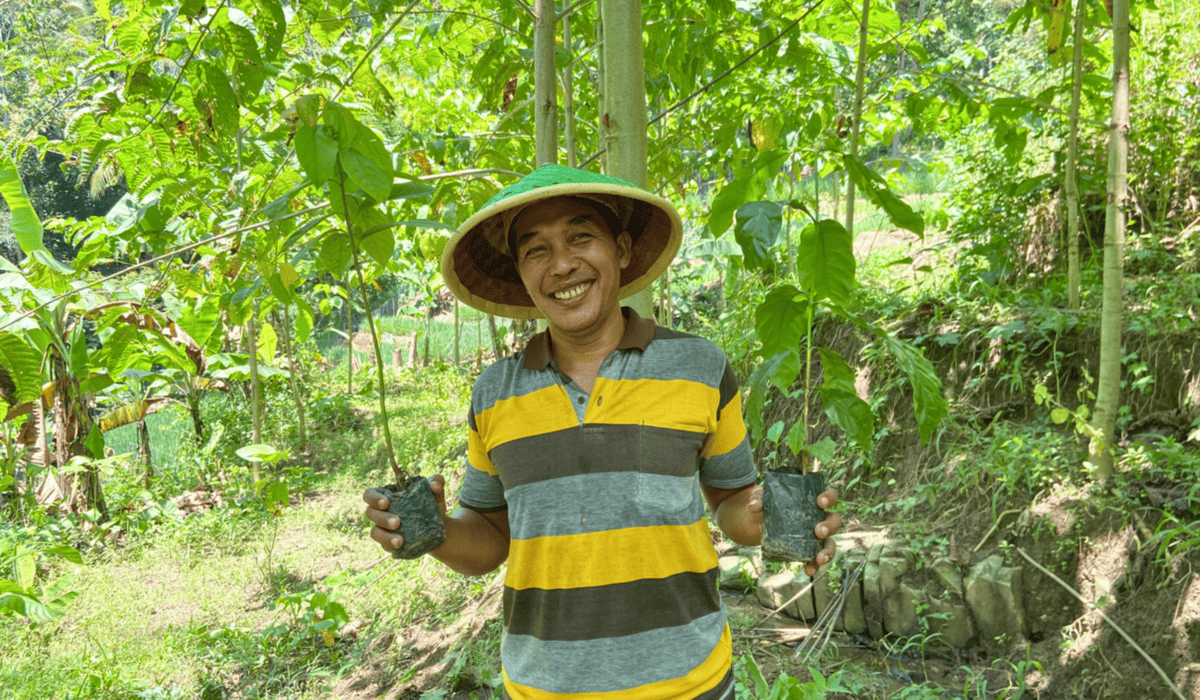



1 comment
I am absolutely assured of it.